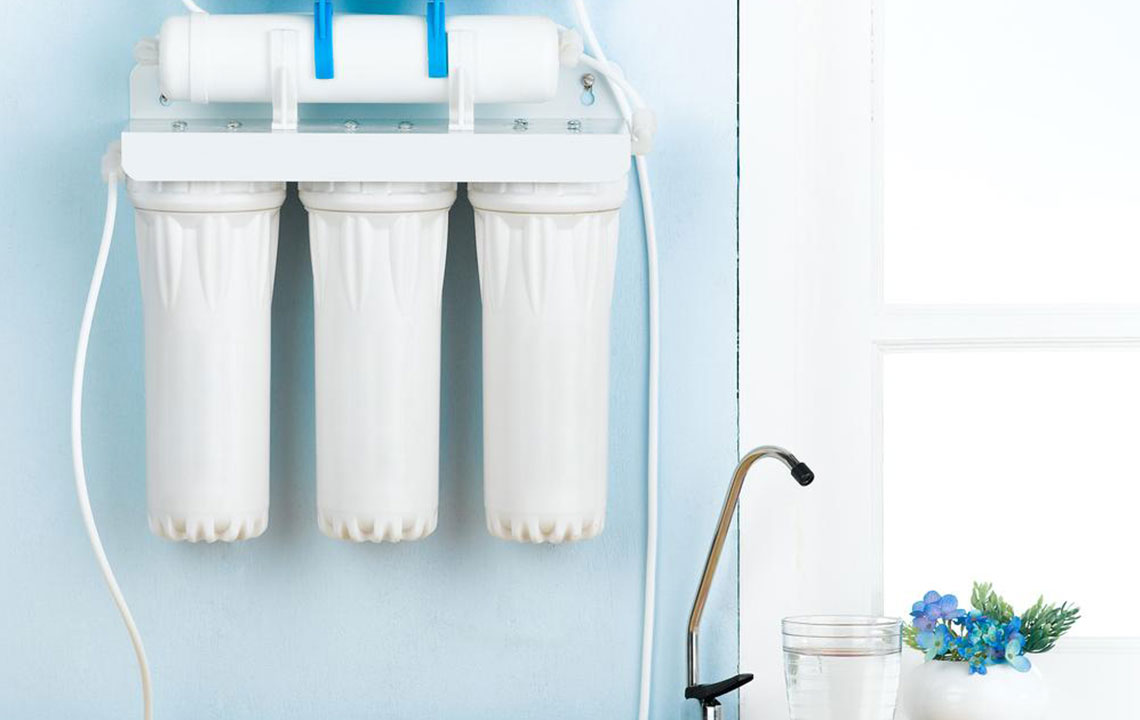Here’s what to look for while choosing a water softener

It is a well known fact that hard water is harsh for household usage. Whether it is about spots on glassware, a film shower doors or an inefficient operation of water-using appliances, installing the best water softeners can be of great help to homeowners.
Water softeners are products that remove calcium and magnesium ions from water and work at replacing them with salt/sodium via ion exchange. NSF-certified water softeners are often rated as best water softeners. Opting for an NSF-certified water softener with a system monitor is usually recommended as it indicates the user when salt is low, thus helping him/her maintain the quality of water.
The hardness of water is measured in grains per gallon. Grain capacity of a water softener is its rated capacity. It specifies the maximum number of grains of water hardness the water softening unit can remove before regeneration. Steps to determine the best water softeners for your home.
- Count the number of members in your home.
- Multiply the number of people in your home by the gallons of water they use each day.
- Test the hardness of water using a water test kit.
- Multiply that number by the grains of hardness in your water to the total quantity of water used. This way you will be able to figure out how many grains need to be removed each day.
- After you determine the quantity of grains you need to remove, you can check for a water softener that claims to handle the derived hardness of water.
If you have been using a water softener for a long time, the resin bed inside the water softener is likely to have developed a coating of hard particles. In this case, the water softener goes into its regeneration cycle. Regeneration means that the salt in the tank is mixed with incoming water to rid the resin bed of these hard particles. After the process of regeneration, the water filter systems are ready to provide a steady stream of soft water again.



